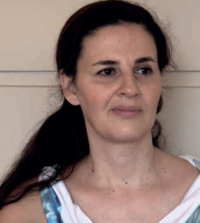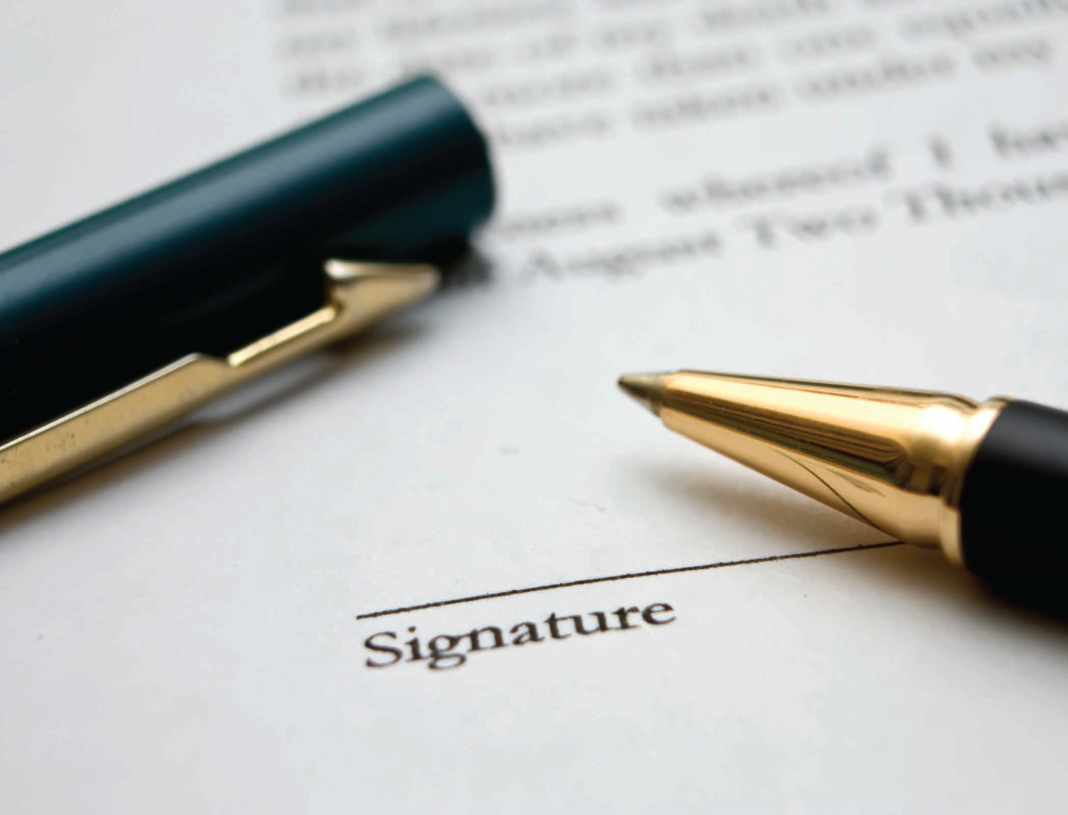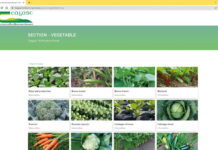Grant applications are often seen as something that other people do. Often, the application process can appear beyond the efforts of mere mortals, and many companies simply lose out because of the perceived complexity of submitting one. There is no magical secret to writing a successful grant application, but there are things you can do to increase your chances of success. To help you make the most of what’s out there, Dr. Theodora Lola-Luz, expert grant application writer with AgriFood Scientific, sets out a simple-to-follow list of do’s and don’ts.
PREPARATION OF THE PROPOSALBEFORE YOU MAKE AN APPLICATION, IT IS IMPERATIVE TO DO YOUR HOMEWORK. BELOW IS A SIMPLE PREPARATION CHECKLIST:1. Research the funding body’s mission and interests carefully and try to integrate some key phrases into the text. 2. Be strategic about the grants you are applying for. Writing an application that is unlikely to be funded isn’t necessarily a good use of resources. 3. Check the funding body’s website for previous successful proposals to see how well your idea lines up with what has been funded in the past. 4. Make sure you are applying for the right grant and that you fulfill the eligibility criteria. 5. Carefully read the guidelines for applicants and the evaluation criteria. 6. Make a short-list of potential funding bodies. See the end of this article for an indicative list. 7. Consult with your financial advisor or bank manager as they might be able to provide additional support. 8. Discuss potential opportunities with colleagues who may have successfully completed a grant process. |
“ Don’t be unrealistic about your budget, check prior to submission which costs are eligible and make sure that all figures add up”
WRITING THE PROPOSAL
This is by far the most time-consuming aspect of the process and it shouldn’t be rushed. Below is an easy to follow checklist on what the writing process involves:
● Include all relevant documentation requested by the funding agency.
● Note the maximum amount of funding you can request and stay within the limits.
● Be specific and concise. The chances of being funded “to do something somewhere” are extremely slim. Remember that reviewers are reading many proposals and they need to know what you want to do, why you are doing it and why should you be funded.
● Provide as much detail and as many examples as possible.
● Avoid giving information irrelevant to the context of the application just to impress the reviewer – it’s more likely they will get confused,
● Avoid using jargon. Clearly explain why you are looking for the grant and make it easier for the reviewer to see the value in funding your project and not the next one,
● Adhere to the page limit set by the funding agency,
● Whenever possible obtain supporting letters for your application from other stakeholders.
● Avoid inflating budget figures; explain in detail what you need, why you need it, and how much it will cost.
● Ask for professional help from consultants who have experience with grant applications to help you draft your application.
CHECKING AND PROOFREADING
After you have finished writing your proposal, it is very important to proofread the text and make sure that the funding body and reviewers receive a high-quality proposal. Submitting a text full of spelling or typographical errors is very likely to negatively impact your chances of getting funded. A simple checklist of what to look out for is set out below.
● Give yourself enough time to prepare multiple drafts of the proposal. Writing a good grant application takes time to plan, outline, revise and polish the final draft.
● Double and triple check everything including typographical errors, spelling, grammar mistakes and punctuation problems before you submit.
● Don’t be unrealistic about your budget. Check prior to submission which costs are eligible and make sure that all figures add up.
● Get in touch with the funding body for clarification on specific sections of the application; it’s their job to answer your queries.
● Ask for professional help from consultants who have experience with grant applications to assist you with proofreading your proposal.
SUBMISSION
This is the final stage involved in any application for funding. Here is a simple checklist you can follow prior to submission:
● Don’t rush to submit applications for an unrealistic deadline.
● Follow the submission guidelines to the letter.
● Read your application one more time before you submit to make sure that all requested documentation has been included and that you have left no section of the application blank.
● Make sure you adhere to the submission deadline. If submitting an application online, do so earlier than the deadline as oftentimes systems can be overloaded with everyone rushing at the last minute.
“Carefully read the guide to applicants and adhere to it”
THE TOP TEN MISTAKES MADE ON GRANT APPLICATIONS
Seeking funding can be challenging and requires a certain level of technical knowledge. Many proposals don’t get a fair chance because of amateur errors that can easily be avoided. Here is an insider’s view on some of the most common mistakes.
1. Applying for grants you are not eligible for
A common complaint of funding bodies is that a lot of applications are received which are not within the scope of what a particular organisation funds. Such disappointment in not getting that grant can easily be avoided by careful reading of the guide for applicants or the eligibility criteria.
2. Asking for too much money or not enough
Asking funding bodies for an unrealistic amount of money is another reason for failing applications. Research carefully the funding body and if the average funding they provide is €100,000, then asking for €400,000 will not help you get that grant. At the same time don’t ask for too little in the belief that this will increase the chances of being successful.
3. Providing too much information
Carefully read the guide to applicants and adhere to it. Applications which exceed the maximum page limit are often submitted in the hope they will be successful. The result is that either the application is disqualified, or it is returned with a request to be rewritten. Funding bodies receive a vast amount of applications so it’s vital to follow their guidelines without wasting time and causing unnecessary delays.
4. Avoid jargon and buzz words
Don’t be tempted to use buzz words if they don’t apply to your business, just because you think this will give an edge to your application. This will only confuse the reviewers when they read your application and they cannot see the connection between what you propose to do and the buzz words you are using.
5. Make sure the budget adds up
Quite frequently, the budget in many applications simply does not add up. This is not because the applicant doesn’t know how to use a calculator but most likely because many people have edited the budget figures and they simply did not bother to check that the final amount requested adds up after all the changes.
6. Forgetting to tailor the application to the funder
In the race to get funding, it is common practice to apply to many di¥erent funding bodies. If you submit the same proposal to each one of them without tailoring the application to the guidelines of each individual funding body the chances are that you set yourself up for disappointment.
7. Assuming the funder knows all about you and your business
You may very well know what the funding body aims are but don’t expect the reviewers and the funder to know what you do. Don’t make the assumption that they will be familiar with your company and forget to provide vital information in your application. During the writing process, applicants often assume that everyone knows the details and is as passionate about their idea as they are themselves. They omit to include basic information, such as what the project is about, who the beneficiaries are, how they plan to reach their aims and what impact will their project have.
8. The writing isn’t concise
As a result, reviewers will have a hard time understanding what you want to do and why you are asking for funding. Give your application to someone else not directly related to your business or idea to read before submission. This will help you identify parts that need to be clarified.
9. The application contains many typographical and grammatical errors
In all likelihood, the proposal will be read even if it contains such errors. However, consider the message that this sends to the reviewers. Take the time to ask other people or professionals to proofread your application.
10. The proposal was put together too quickly
Reviewers can very easily identify proposals that were put together at the last minute. In such proposals it is very common that items are missing, budgets are incomplete and usually overestimated, and the text looks incoherent and unfinished. Don’t underestimate the time needed to properly formulate a funding application. ✽
FUNDING OPPORTUNITIESBORD BIA MARKETING ASSISTANCE PROGRAMME (MAP) – DEADLINE 28TH OF FEBRUARY 2014Bord Bia operates an annual grants programme – the Marketing Assistance Programme (MAP) – which is open to Irish food, drink and horticulture producers who have a turnover in the range €100k and €3.5m. The aim of the programme is to help companies improve their marketing techniques and capabilities while maintaining the highest standards of quality and hygiene. Guidelines and application forms can be found at: www.bordbiavantage.ie/marketingbusiness/marketing/pages/map.aspx |
THE DEPARTMENT OF AGRICULTUREThe Department of Agriculture operates a number of schemes available to farmers. More information can be found at: www.agriculture.gov.ie/farmerschemespayments ENTERPRISE IRELANDThere are two schemes that may be of interest. The first one is the Innovation Voucher Scheme which aims to build links between Ireland’s public knowledge providers (i.e. higher education institutes, public research bodies) and small businesses. Innovation vouchers worth €5,000 are available to assist a company or companies to explore a business opportunity or problem with a registered knowledge provider. More information can be found at: www.enterprise-ireland.com/en/Research-Innovation/ Companies/Collaborate-with-companies-researchinstitutes/Innovation-Voucher.shortcut.html. The scheme is now closed but further calls will be announced in early 2014. There is also the Innovation Partnership Programme which can provide up to 80% of the cost of research work to develop new and improved products, processes or services, or generate new knowledge and know-how. For a list of submission dates: www.enterprise-ireland.com/en/Funding-Supports/ Researcher/Funding-to-Collaborate-with Industry-in-Ireland/Innovation-Partnerships. shortcut.html LOCAL ENTERPRISE BOARDS also have a number of grants available for business such as Feasibility Study/ Innovation Grant, Refundable Priming Grant, Microfinance Grant to name a few. More information can be found at: www.enterpriseboards.ie |
  The founders have a combined experience of 20 years in horticultural research, molecular biology, agriculture and soil microbiology. She can be contacted at dora@agrifoodscientific.eu Mobile 087 961 1789 www.agrifoodscientific.eu |










